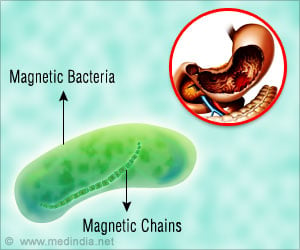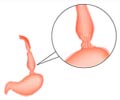In esophageal cancer patients, oral pathogens are more prevalent and could be used as a novel diagnostic tool, said researchers.

TOP INSIGHT
The study determined that an increased prevalence of Streptococcus anginosus and Tannerella forsythia in dental plaque and Aggregatibacter actinomycetemcomitans in saliva, and also alcohol consumption, were associated with a high risk of esophageal cancer.
In a recent issue of Cancer, researchers led by Tokyo Medical and Dental University (TMDU) characterized the oral bacterial communities of esophageal cancer patients to look for patterns associated with cancer risk and lay foundations for further exploration of the role of oral pathogens in disease.
"Esophageal cancer is the sixth most deadly cancer worldwide and is often not detected until an advanced stage, meaning that the prognosis is generally poor," says lead author of the study Machiko Kawasaki. "Complicating matters, the two main subtypes of esophageal cancer have different risk factors, presentations, and incidence rates in different populations. A better understanding of the causes of esophageal cancer could therefore help with early detection."
To explore the characteristics of the oral bacterial community in esophageal cancer patients, the researchers collected dental plaque and saliva samples from 61 esophageal cancer patients and 62 healthy controls. Using a technique called real-time polymerase chain reaction, the researchers screened DNA extracted from the plaque and saliva samples to determine the abundance of seven common periodontal pathogens in the bacterial population as a whole.
Cancer patients had significantly higher rates of smoking and drinking habits, and poor gum status. "Interestingly, five of the seven pathogens were more abundant in dental plaque from cancer patients than that from the healthy controls, with the detection rate of six of the seven pathogens was significantly higher in the cancer patients," explains senior author Satoshi Miyake. "On the other hands, only two of the seven pathogens, Aggregatibacter actinomycetemcomitans and Streptococcus anginosus, were more abundant in saliva from cancer patients."
Source-Eurekalert
 MEDINDIA
MEDINDIA



 Email
Email










